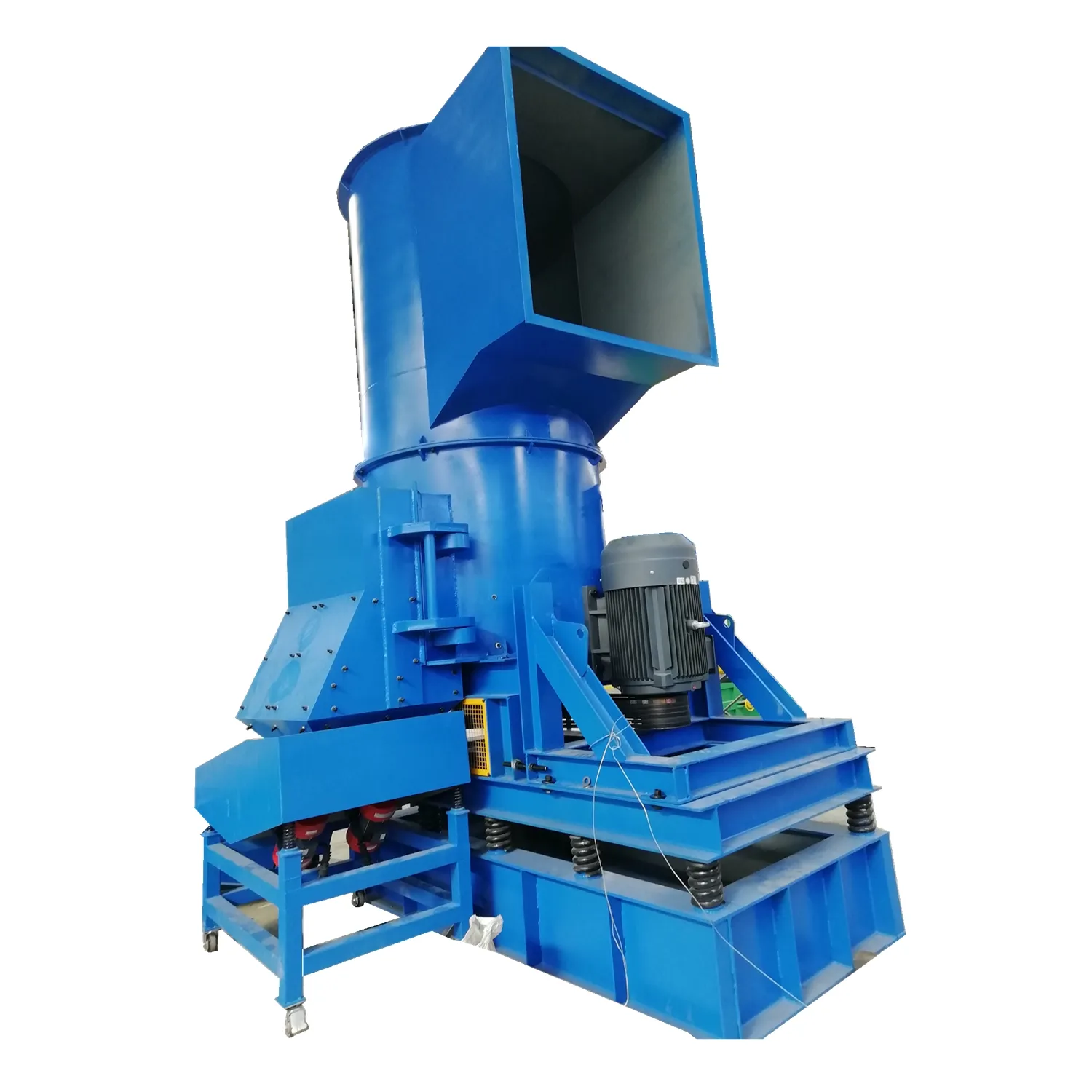

Noy . 06, 2024 08:07 Back to list
The Evolution and Impact of MSW Sorting Plants in Waste Management
As urbanization accelerates and populations grow, the challenge of managing municipal solid waste (MSW) has become increasingly critical. One innovative solution to this pressing issue is the establishment of MSW sorting plants, which play a pivotal role in waste management strategies aimed at reducing landfill use, promoting recycling, and conserving resources.
Understanding MSW Sorting Plants
Municipal solid waste encompasses a wide range of waste produced by households, businesses, and institutions, including food scraps, plastics, paper, metals, and organics. MSW sorting plants are specialized facilities designed to separate these various components of waste before they are processed or disposed of. The primary goal of these plants is to enhance recycling rates and facilitate the recovery of valuable materials, ultimately minimizing the environmental impact associated with waste disposal.
How MSW Sorting Plants Operate
The operation of an MSW sorting plant typically involves several stages. Initially, waste is collected and transported to the facility, where it undergoes a preliminary inspection. Following this, the waste is fed onto sorting lines equipped with advanced technologies such as conveyor belts, shredders, and optical sorters. Workers and automated systems collaborate to identify and separate different types of materials, such as plastics, metals, glass, and organic matter.
Once sorted, recyclable materials are processed and prepared for sale to recycling facilities, while organic waste can be directed to composting or anaerobic digestion systems to generate biogas. Ultimately, non-recyclable waste is either processed for energy recovery or sent to landfills. The implementation of these systems not only enhances recycling rates but also reduces the volume of waste sent to landfills, thereby extending their lifespan.
The Environmental Benefits
MSW sorting plants contribute significantly to environmental sustainability. By diverting recyclable materials from landfills, these facilities help to conserve natural resources and reduce the need for virgin material extraction. For instance, recycling paper reduces the demand for logging, while recycling metals decreases the energy consumption associated with mining operations. Additionally, the composting of organic waste contributes to soil health by returning nutrients to the earth, reducing the need for chemical fertilizers.

Moreover, MSW sorting plants play a role in reducing greenhouse gas emissions. When organic waste decomposes in landfills, it generates methane, a potent greenhouse gas. By diverting this waste for composting or anaerobic digestion, sorting plants help mitigate the environmental impact associated with landfill operations.
Economic Implications
In addition to their environmental benefits, MSW sorting plants can have positive economic implications. They create jobs in the waste management sector, which can include positions in sorting, processing, and maintenance. Furthermore, they promote the development of a circular economy where materials are reused, creating a sustainable system that can stimulate local economies and reduce dependency on external resources.
Investing in MSW sorting technology also presents opportunities for innovation. Companies that develop sorting technologies and equipment are positioned to lead in a growing industry, promoting advancements in waste management practices. Governments and municipalities can benefit from reduced waste disposal costs by recovering and selling valuable recyclable materials.
Challenges and Future Directions
Despite the benefits, MSW sorting plants face several challenges. Contamination of recyclables can hinder the efficiency of sorting operations, as contaminated materials may not be accepted by recycling facilities. Public awareness and participation in recycling programs are critical to minimizing contamination rates. Furthermore, the initial investment in technology and infrastructure can be significant, which may deter some municipalities from establishing sorting facilities.
Looking ahead, the future of MSW sorting plants may involve increased integration of artificial intelligence and automation to improve sorting accuracy and efficiency. As consumer behaviors shift toward sustainability, and as regulations governing waste management become more stringent, the demand for effective waste sorting solutions is likely to grow.
Conclusion
In conclusion, MSW sorting plants represent a crucial component of modern waste management strategies. By efficiently separating and processing waste, they contribute to environmental sustainability, economic growth, and the promotion of a circular economy. As technology advances and public awareness increases, these facilities will become increasingly vital in the quest for a more sustainable future.
Latest news
Troubleshooting Common Eddy Separator Problems
NewsJul.04,2025
The Role of Metal Recycling Plants in Circular Economy
NewsJul.04,2025
The Impact of Recycling Line Pickers on Waste Management Costs
NewsJul.04,2025
Safety Features Every Metal Shredder Should Have
NewsJul.04,2025
How Industrial Shredders Improve Waste Management Systems
NewsJul.04,2025
How Cable Granulators Contribute to Sustainable Recycling
NewsJul.04,2025